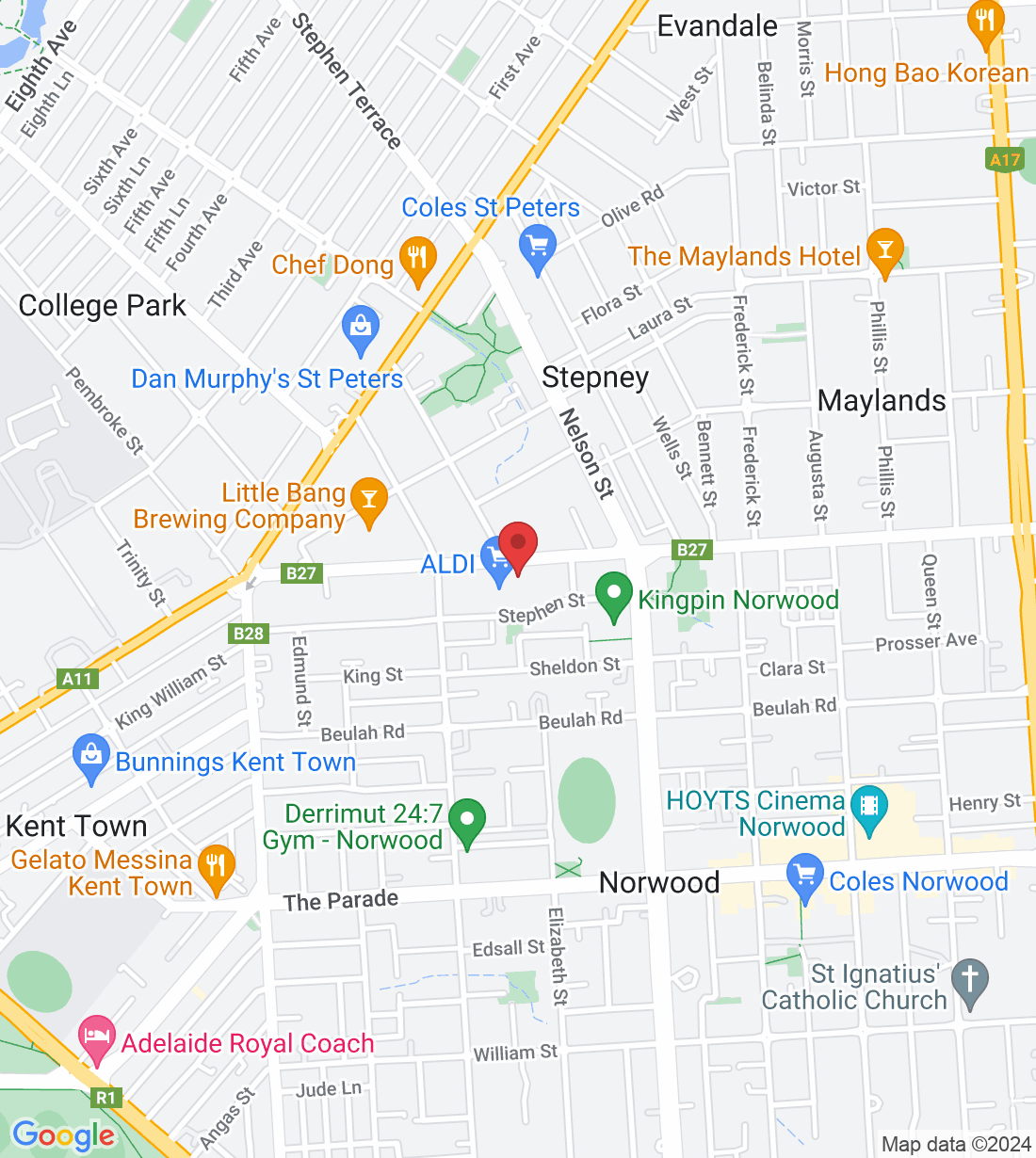
Understanding Tendons: A Guide to Tackling Tendon Pain
What exactly are tendons?
Think of them as these super tough tissues that are even stronger than muscles and, believe it or not, sometimes even stronger than bone!
Tendons act as energy storage units, and controllers for joint positions. They're constantly at work at different levels, whether we're carrying the washing out to the line, walking the trails with friends or hitting the pavement on long run.
But here's the thing—they like routine. They prefer a steady amount of activity and load, and sudden changes aren't really their cup of tea. If that happens, they can get grumpy!
Take the Achilles tendon - the thick tendon at the lowest part of your leg at the back - just above your heel. It's like an actual spring propelling you up stairs, or as you run, skip or jump. Picture a kangaroo - it is the achillies that propels them forward!
Why do tendon pains pop up?
Well, unlike muscles, tendons don't have great blood flow directly to them. They rely on nearby tissues and circulating blood to get their nutrients. This means they're slow to adapt to changes in activity.
So, if you push them too hard, too fast, without giving them enough time to recover, they'll get cranky and you can experience tendon pain. That might happen when you start a new exercise program, or when you return to preseason training after the summer off. It may be just that you are building up your running pace or distance too quickly.
Often, you won't feel the tendon being grumpy while you are exercising. It is usually the day after that it lets you know it's not happy. It can be sore to get moving and occasionally there will be some local swelling. If ignored that grumpy tendon can become injured and if left for too long it can lose some of it's ability to be a spring. That is when you notice you just can't 'perform' like you want. You can't run, skip or jump with the same power or accuracy. This is called a tendinopathy - simply some changes to the tendon.
But here's the cool part—physiotherapy works wonders for tendinopathy!
Through very individualised and specific strengthening exercises, education about how to monitor the tendon and load management, we can improve and ultimately restore function of the tendon.
So, if you're dealing with tendon issues, don't hesitate to reach out to Vital Core Physio. We'll help you get on a rehab program tailored specifically to your needs, so you can get back to feeling your best.
Ask a question of Vital Core Physiotherapy
Fill in the form to request a Call From Our Team
One of our team will call you for FREE and answer any questions or concerns you may have about your condition
© 2023 Vital Core Physiotherapy





